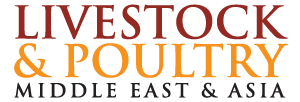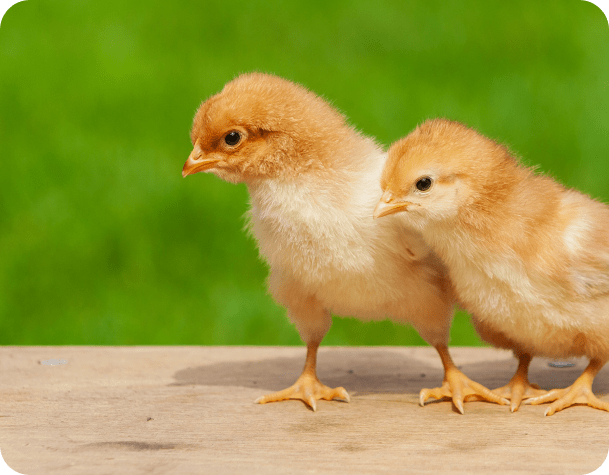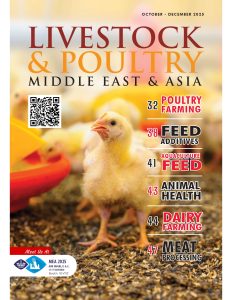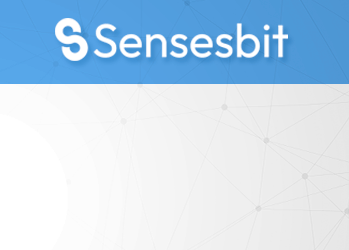A major step forward for animal welfare in the egg industry: for the first time in Brazil, the Cheggy machine has been installed and is operating successfully, identifying the sex of chicks while still in the egg. This breakthrough provides a new way to manage male chicks that are not used in egg production. With its first application in Latin America, the innovative in-ovo sexing technology from German company Agri Advanced Technologies GmbH (AAT) – a subsidiary of the EW GROUP – has reached another international milestone.
“With our launch in Brazil, we’re expanding the range of available solutions for sustainable and humane egg production,” says Jörg Hurlin, Managing Director of AAT. “In-ovo sexing allows for early selection in the hatchery and offers a scalable, efficient approach – making it particularly suitable for large markets like South America.”
Raiar Orgânicos, a company founded in 2020, is the pioneer and first customer to implement the Cheggy system in Brazil. The organic egg producer actively integrates innovative technologies across the entire value chain. With the goal of making organic food accessible to a broad population, Raiar pursues a holistic approach that combines animal welfare, support for regional agriculture, and technological innovation.
“Raiar is a restless company committed to the highest standards of transparency, management, and animal welfare. That’s why we actively seek out the best market practices and solutions to continuously improve animal welfare in egg production,” says Marcus Menoita, CEO and co-founder of Raiar. “The in-ovo sexing technology provided by Cheggy is the most effective, non-invasive, and viable solution available.”
Cheggy is a state-of-the-art method that sets a new standard in modern egg production through its high precision and impressive speed. The technology identifies whether a male or female chick is developing in the egg during incubation – completely contact-free, fast, and without opening the egg. Using hyperspectral imaging, the system captures light spectra that allow an algorithm to detect differences in feather coloration between male and female embryos of brown layer breeds.
A January 2025 consumer survey by Innovate Animal Ag revealed that public awareness in Brazil is growing and customers appreciate the development of alternatives.
“Raiar Orgânicos is setting an inspiring example of what forward-thinking leadership looks like in animal agriculture. As in-ovo sexing becomes a global trend, we’re excited to see companies like Raiar not only embrace the change but help drive it. With technologies like Cheggy now available in Brazil, this milestone should serve as a powerful catalyst for more producers across the country.” said Robert Yaman, Managing Director of Innovate Animal Ag.
On Monday, July 28, 2025, numerous national and international media representatives attended an event in São Paulo, hosted by Raiar and AAT, to officially announce the first commercial use of in-ovo sexing in Brazil. AAT presented the Cheggy technology, and Raiar announced that it would convert its entire flock to 100% in-ovo selected chicks.
This marks another milestone in AAT’s global expansion. Following successful market entries in Germany, France, Italy, the Netherlands, and the United States, Brazil is now the first country in the Southern Hemisphere to adopt the Cheggy technology.




















